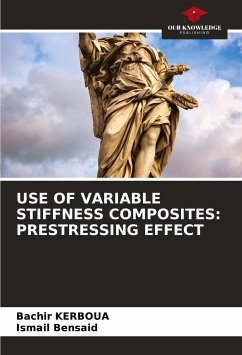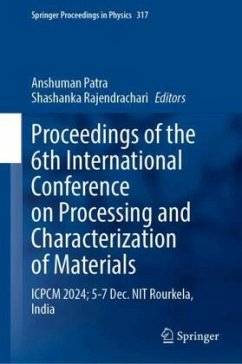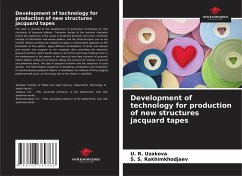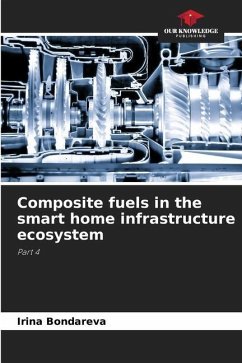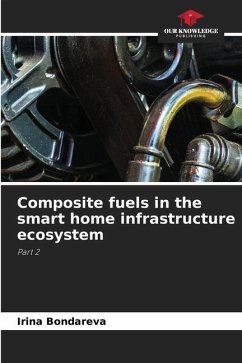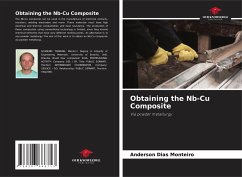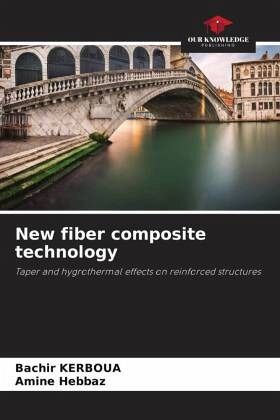
New fiber composite technology
Taper and hygrothermal effects on reinforced structures
Versandkostenfrei!
Versandfertig in 6-10 Tagen
40,99 €
inkl. MwSt.

PAYBACK Punkte
20 °P sammeln!
New composite materials are one of the recent techniques for the rehabilitation of structures showing signs of aging, fatigue, failure, overloading, etc. The discovery of fiber materials and the new type of epoxy resin glue have allowed the development of new techniques capable of rehabilitating metallic and non-metallic structures in different environments. Recently, FRP materials are used for strengthening steel and concrete beams and structures. In these types of strengthening, shear and delamination forces develop in the bonded structure at the interface of the beam and FRP plate. The inte...
New composite materials are one of the recent techniques for the rehabilitation of structures showing signs of aging, fatigue, failure, overloading, etc. The discovery of fiber materials and the new type of epoxy resin glue have allowed the development of new techniques capable of rehabilitating metallic and non-metallic structures in different environments. Recently, FRP materials are used for strengthening steel and concrete beams and structures. In these types of strengthening, shear and delamination forces develop in the bonded structure at the interface of the beam and FRP plate. The interfacial stresses will develop as a result and delamination of the strengthened structure elements may occur, and as a consequence may ruin the structure due to the high values of interfacial stresses. The main objective of this thesis is the study of the delamination phenomenon of reinforced beams, The originality of this work is to present an analytical model and a numerical model for the prediction of stresses by itegrating the taper effect and thermomechanical loads under a coupling of the prestressing force and the hygrothermal effect. This work highlights various parameters, such as geometric and physical properties, on the stress behavior at the reinforced structure levels.



